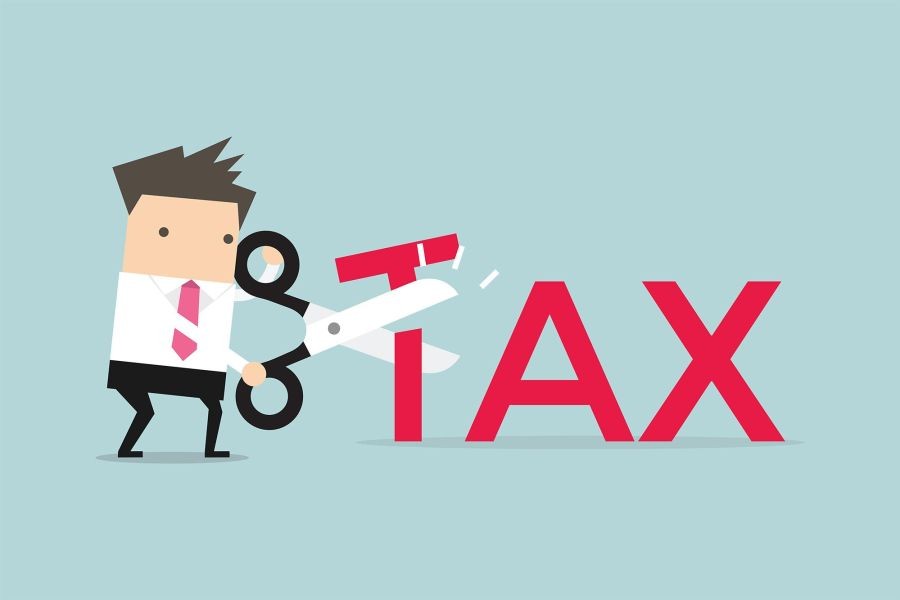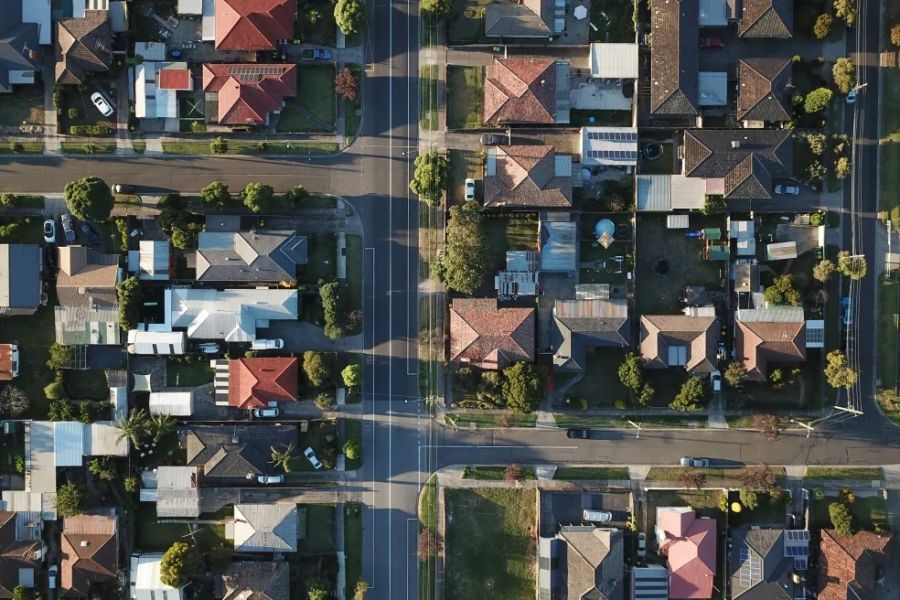In the land of sun-kissed beaches and outback adventures, the Australian dream of homeownership is deeply embedded in the national psyche. However, the evolving economic landscape may suggest that this dream warrants reevaluation. Owning a home in Australia might seem like a secure financial decision, but for many, it could be a financial misstep with long-term consequences. Let's delve into the complexities and explore why this might be the case.
The Australian Housing Market: A Double-Edged Sword
The Australian housing market has been on a rollercoaster ride, with property prices skyrocketing in recent years. According to CoreLogic, a leading property data provider, house prices in major cities like Sydney and Melbourne have surged by over 20% in the past year alone. While this might seem like a homeowner's dream, it presents a stark reality for potential buyers.
The Reserve Bank of Australia (RBA) has raised concerns about housing affordability, noting that the ratio of housing prices to income has reached unsustainable levels. For many Australians, the dream of owning a home translates into decades of financial strain due to hefty mortgages and associated costs. This financial burden can restrict opportunities for investment in other areas, such as education, business ventures, or retirement savings.
Regulatory Insights: The Role of APRA
The Australian Prudential Regulation Authority (APRA) has been proactive in implementing measures to curb excessive borrowing. These include stricter lending standards and higher deposit requirements, which aim to stabilize the market. However, these regulations can make it even more challenging for first-time buyers to enter the market.
Comparing Renting vs. Buying: A Financial Perspective
Renting often carries a negative stigma, perceived as 'throwing money away.' However, in the current economic climate, renting can be a financially savvy decision. A report from the Australian Bureau of Statistics (ABS) highlights that renting can offer more flexibility and lower financial commitment compared to buying a home.
Consider the financial implications: purchasing a home involves not only the mortgage payments but also property taxes, maintenance, and potential interest rate hikes. In contrast, renting allows individuals to allocate their savings toward investments that might offer higher returns, such as stocks or bonds.
Pros and Cons of Homeownership
Pros:
- Equity Building: Owning a home can build equity over time, potentially resulting in capital gains.
- Stability: Homeownership provides a sense of stability and control over one's living environment.
- Tax Benefits: Some tax incentives might be available for homeowners, depending on individual circumstances.
Cons:
- High Entry Costs: The initial costs of purchasing a home, including down payments and closing costs, are substantial.
- Market Volatility: Housing markets can fluctuate, leading to potential losses in property value.
- Maintenance and Repairs: Homeowners are responsible for all maintenance, which can be costly and unpredictable.
Case Study: The Reality of Homeownership in Sydney
Case Study: John and Emily's Sydney Dilemma
Problem:
John and Emily, a young couple, purchased a home in Sydney in 2020, believing it to be a wise investment. However, they soon faced financial challenges due to rising interest rates and unexpected maintenance costs.
Action:
To manage their finances, they decided to rent out a portion of their home through short-term rental platforms. This decision provided some financial relief but underscored the unpredictability of homeownership costs.
Result:
While they managed to cover some expenses, the couple realized that their home was not appreciating as quickly as expected, limiting their financial growth.
Takeaway:
This case study highlights the need for prospective homeowners to consider the hidden costs and potential market volatility when purchasing property in high-demand areas like Sydney.
Myths and Misconceptions About Homeownership
Myth: "Real estate always appreciates in value."
Reality: While real estate can appreciate, it is also subject to market fluctuations. In recent years, certain areas have seen declines in property values, challenging the notion of guaranteed appreciation.
Myth: "Renting is just throwing money away."
Reality: Renting can offer financial flexibility and the opportunity to invest in other high-yield assets, potentially outperforming property investments.
Myth: "Owning a home is cheaper than renting."
Reality: When factoring in maintenance, taxes, and interest rates, homeownership can often be more costly than renting, especially in urban areas.
Future Trends: What Lies Ahead for Australian Homebuyers?
Looking ahead, the Australian housing market is poised for further changes. Experts predict that interest rates will continue to rise, potentially cooling the housing market. The RBA anticipates that this could lead to a more balanced market, offering opportunities for buyers and investors alike.
Moreover, the trend of urban living is shifting, with remote work making suburban and regional areas more attractive. This shift could alter housing demand dynamics, leading to more affordable options outside major cities.
Conclusion: Rethinking the Australian Dream
In conclusion, while homeownership remains a cornerstone of the Australian dream, it's crucial to approach it with a clear understanding of the financial implications. Prospective buyers should weigh the costs, benefits, and market conditions before making a decision. For many, renting and investing in diversified assets could offer a more secure financial future.
What are your thoughts on the current state of the Australian housing market? Share your insights and experiences in the comments below!
People Also Ask
- How does homeownership impact financial freedom in Australia? Homeownership can tie up significant financial resources, limiting flexibility for other investments or savings. Renting offers more liquidity, which can be used for diversified investments.
- What are the biggest misconceptions about buying a home? A common myth is that property always appreciates. However, market conditions fluctuate, and some areas have seen declines in value.
- What strategies can help prospective buyers in Australia? Experts recommend assessing financial capacity, understanding market trends, and considering alternative investments before purchasing property.
Related Search Queries
- Is renting better than buying in Australia?
- Future of the Australian housing market
- Impact of interest rates on homeownership
- Real estate market trends in Sydney
- Homeownership vs. investing in stocks



































genadinkins956
7 months ago